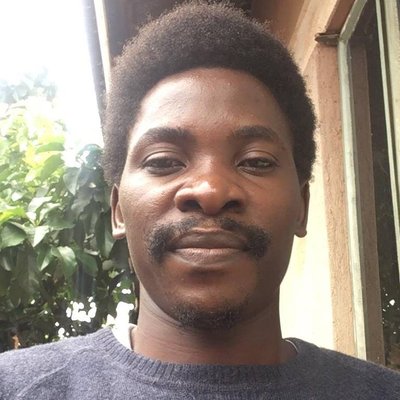
What could be more timely than a push for decolonial politics in Uganda today?

Adventino Banjwa
Critiques against the project spearheaded by counsel Apollo Nelson Makubuya to ‘decolonize’ streets and major landmarks in Uganda, hereafter the renaming project, have come in different shades.
There are those whom one contributor to this debate has called the ‘African neo-colonial elite’.
Their argument is presented as a case for the preservation of all history, and they criticize the renaming project for being ‘anti-historical’.
Hence journalists Tony Owana and Gyagenda Semakula Zikusooka filed a counter petition to the Speaker of Parliament ‘against renaming colonial edifices’.
It is in this same spirit that a renowned City pastor compared the renaming project with the acts of ISIS/L in the Middle East, of historical/and artistic ‘terrorism’!
However, the deployment of such unsubstantiated concepts notwithstanding, the stance here leaves no one confused: it is clearly conservative – it is a position of no change to colonial protocols of naming because these are held to constitute an important part of our treasured past.
The question that is not, or one that cannot, be raised by these advocates of an un-tampered history is one concerning the kind of past the present may choose to honor in form of public symbols and names. The most problematic, yet still, most vague and disguised critique against the renaming project is the developmentalist critique.
Its argument goes as follows: the major problem in Uganda is development, and efforts to develop, which have already been derailed by the Covid-19 pandemic, cannot be further laid back by ‘untimely’, ‘disruptive’ and ‘diversionary’ propositions such as the petition to dismantle colonial protocols of naming streets and major landmarks.
The (misguided) belief is that this is not the time to debate names of streets and other landmarks; this is time to think of how to restart the development machine in the post-Covid-19 period!
In a way, this critique speaks to the larger political problem in Uganda, and indeed in many parts of our continent, which is the radical displacement of decolonial politics in favor of an uncheckered developmentalism.
The tendency does not end in mere displacement, which would imply the subsequent subjection of what is favored to continuous scrutiny.
The displacement of decolonial politics was accompanied by the (secular) sanctification of developmentalism. To speak against development is criminalized, and in Uganda today, it is a serious case to be ‘against development’.
No political opponent to the prevailing regime in Uganda has ever defended herself/himself against the anti-development charge by saying ‘yes I am against development’ because of abcd.
The general tendency is either to reverse the charge (it is you who is actually delaying our development ambitions), or utterly refute it (do not crucify me, I am not against development at all!).
On the ‘altar’ of development, both the ‘opposition’ and ruling parties agree to sacrifice decolonial politics. Under these circumstances, therefore, it becomes very difficult to have any meaningful conversation about ‘development’ – its colonial origins and contemporary manifestations.
The most helpful critique to the renaming project has emphasized two things. First, it has highlighted the need to think through the questions that the process of renaming is set to give rise to, such as ‘nativism’, ‘tribalism’ and ‘patriarchy’.
Secondly, it has highlighted the need to articulate the renaming proposal within the wider/structural decolonial frame, thus avoiding making a dangerous impression that disrupting colonial naming protocols would strike a final blow to colonial legacies in present society.
These two important critiques are based on the understanding that in a country where a politically pervasive developmentalist mentality has led many to think of colonialism as a matter of the past, the renaming project opens an important window through which to articulate decolonial politics in this age of developmentalism.
The whole aim in these critiques is to amplify the decolonization language through which the renaming project is articulated, while pointing to key issues that the campaign must inevitably address.
Depending on how we address these key issues going forward, it is very likely that the demand to dismantle colonial protocols of naming, apropos of streets and major landmarks, might launch this country into a vibrant decolonial politics necessary for the 21st century.
From a seemingly simple proposition of adopting public symbols (names, statues) acceptable to the present society, the ultimate frontline will be the political, the decolonial task being to dismantle problematic colonial legacies, such as those that continue to inspire mythical yet practically apocalyptic visions of ‘tribal/ethnic purity’, leading to endless violence and loss of countless lives.
In this sense, contrary to arguments framed in the name of ‘saint development’, nothing could be more timely today than a window through which to push for decolonial politics in Uganda.
The author is a PhD Fellow, Makerere Institute of Social Research, Makerere University Twitter: @adventino88 Email: adventino88@gmail.com
The post What could be more timely than a push for decolonial politics in Uganda today? appeared first on Nile Post.
0 Response to "What could be more timely than a push for decolonial politics in Uganda today?"
Post a Comment